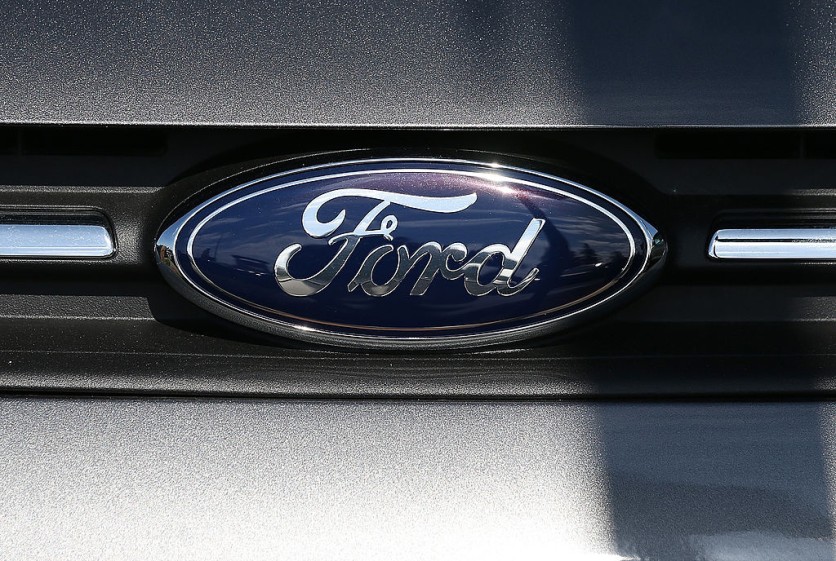Ford is reportedly now projected to receive $409.1 million of public incentives for its Michigan EV battery plant instead of the $1.03 billion expected. This is due to Ford's plans to reduce capacities for the new plant.
On Tuesday, July 9, the Michigan Strategic Fund authorized the cut. Last November, Ford revealed it was "resizing" key EV projects, including a new EV battery factory (BlueOval Battery Park) in Michigan. The proposals call for decreasing project investments from $3.5 billion to $2.5 and $3 billion.
The facility was supposed to have a yearly capacity of 35 GWh, but this is being lowered by more than 40% to around 20 GWh. Ford's EV battery factory is planned to generate enough LFP batteries for approximately 230,000 EVs per year, down from 400,000.

Furthermore, the number of new jobs created at the site was reduced from 2,500 to between 1,700 and 2,000. The proposal has faced opposition since Ford intends to license technology from China's CATL to manufacture low-cost LFP EV batteries.
Ford anticipates the plant will benefit from the Inflation Reduction Act's incentives, such as the advanced manufacturing production tax credit.
Michigan is also withdrawing a $100.8 million award from 2022 after Ford failed to meet its job creation and investment targets at its Rouge EV Center. In April, Ford laid off one-third of the plant's 2,100 workers. Ford stated the change was due to "slower than expected" demand.
Ford's Shift to Affordable EVs
As its CEO, Jim Farley, claims, the American carmaker is shifting its focus from bigger vehicles to smaller, more lucrative electric vehicles.
The CEO's remarks come as Chinese EV manufacturers' low-cost versions have proven popular abroad.
Farley thinks Ford's next electric car lineup will be competitive with the finest on the market. Farley noted in an interview that China's strategic investment in electric vehicles has "paid off so far," and Ford is aiming to replicate some of the success on US soil.
Farley said earlier this year that Ford was "secretly" creating a smaller EV design to accommodate lower-cost vehicles. In addition, Ford is postponing its bigger three-row electric SUV in favor of smaller EVs.
Ford Leadership Change
Ford also recently restructured the leadership chain of its EU team, citing rising challenges in the automaker's electric car transition and weeks after losing a prominent executive to Volkswagen.
Martin Sander, Ford's top European executive, left earlier this month to join Volkswagen. Sander joined Volkswagen as its new head of sales and marketing. Ford reduced workers at its European headquarters in Cologne, Germany, eliminating Sander's position.
For Kieran Cahill, Chairman of the Supervisory Board of Ford-Werke GmbH, the reduction "simplifies" the company's management structure while providing the firm greater agility as it strives to turn around its European operations. Ford had financial difficulties, so the company replaced its leadership in Europe.
Related Article : Ford's BlueCruise is 'Close' to Level 3 Autonomy; Public Testing Still Not Happening





